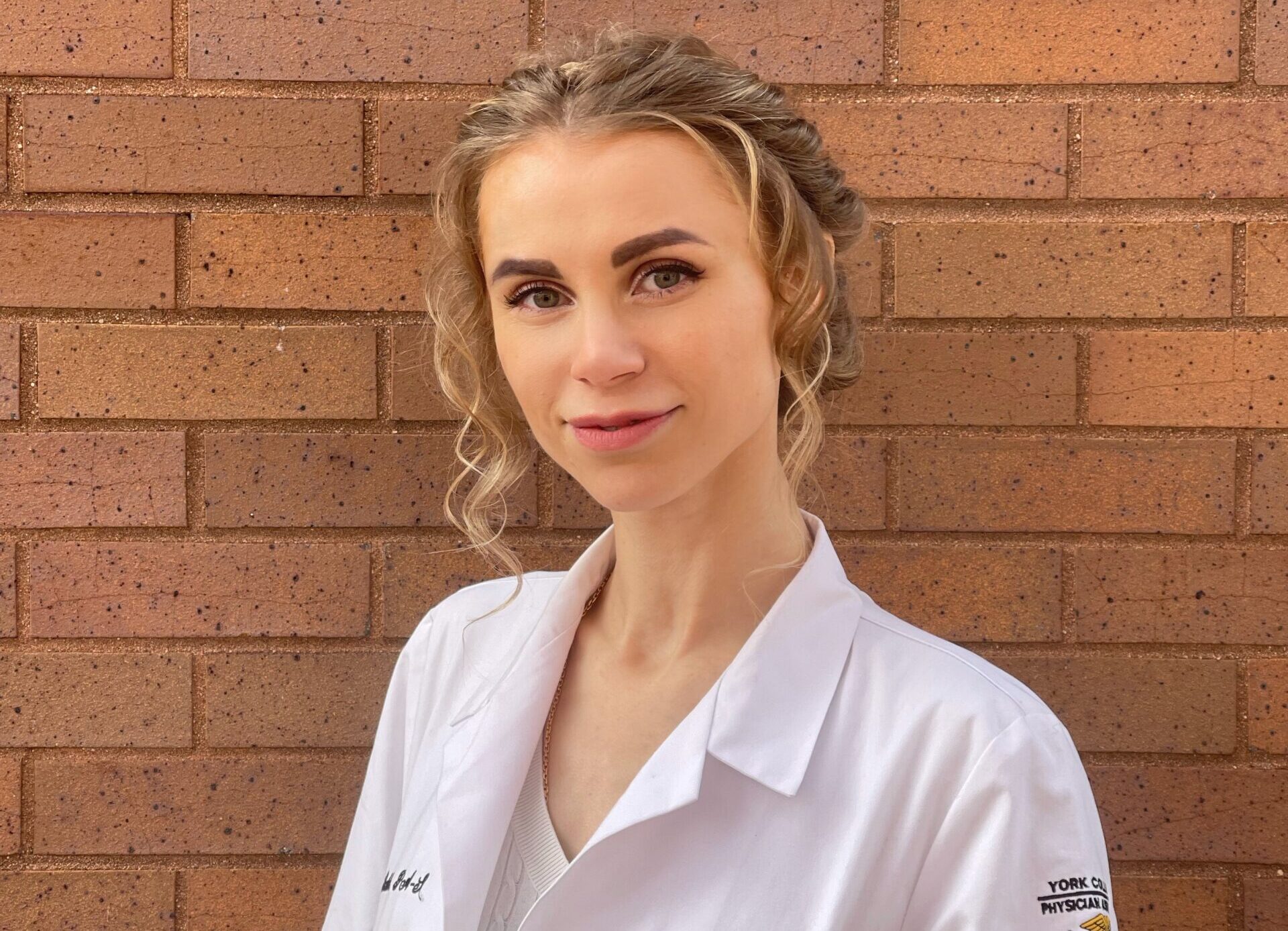Internal Medicine experience at NYPQ was very different from that I had at QHC. Unlike QHC where Medicine was run by residents, at NYPQ the Medicine department is ran mostly by Physician Assistants which was very inspiring reminding us of how valuable we are to the healthcare industry.
The morning rounds with the attendings were done over the phone which was new for me. While it may be more efficient, I would have preferred if the attendings saw the patients in person with me during rounds, at least while I’m a new PA.
Interpersonal challenges I’ve encountered were laying in the fact that PAs are extremely busy at NYPQ and have a limited time to teach. However, after studying the cases, most were very willing to answer questions I had. The key was to show initiative and to be involved. Once they see that, they see a potential and become more inclined to teach.
Night shifts surprised me. On one hand it was extremely difficult physically to try to stay on top of my cognitive performance in the middle of the night, but on the other hand my preceptors had more time to teach, and we had a very valuable EKG session with a cardiology PA who explained EKGs to us like no one ever did before.
A full thorough physical exam from the first pass is still somewhat of a difficult task since in school we were trained to do a physical on a healthy person, but patients hospitalized in Internal Medicine have multiple disease processes going on and, therefore, require a more elaborate focused assessment of many organ systems. And while we do have access to imaging now, I’m a firm believer that thorough physical exam may give us many important clues into a correct diagnosis. I plan on practicing expanded physical exam on my future patients.
The memorable experience I will carry with me was with a woman who had a DNR/DNI order in place and we had to facilitate her death despite the protests of the family. Watching someone die from a respiratory failure is not an easy thing to do and, in a way, is counterintuitive as we subconsciously want to “fix” everything. She had a very mysterious course walking into ER with bilateral leg cellulitis, deteriorating very quickly, placing a DNR/DNI order only 8 hour later and passing within the next 24 hours. It was an honorable and humbling experience to be there with her. And a very difficult one. Interesting observation I’ve made was that it was only her Physician Assistant and nurses who were there for her for the process of death. As PAs, we have a privilege to pronounce a patient dead and process the paperwork that relates to it.
That experience changed my perspective of the core of the practice of medicine: our role is to help patients meet their goals, even if they do not align with ours, and to be their advocates, even when it comes to disagreeing with their family and, in some ways, going against our own beliefs. We only get to know our patients for a small part of their lives and, while we sure have to educate and share our opinion when it’s relevant, the decision on their course of treatment is ultimately theirs, especially when they have a full decision making capacity.
For the following rotations I would like to take on a full responsibility for my patients from A to Z: take a complete history (including collateral) and physical and come up with my own assessment and plan and then see how it differs from that of their provider. In only a few months from now that would be my job, so I want my last 3 rotations experience to be as close to actually working as a PA as possible.


